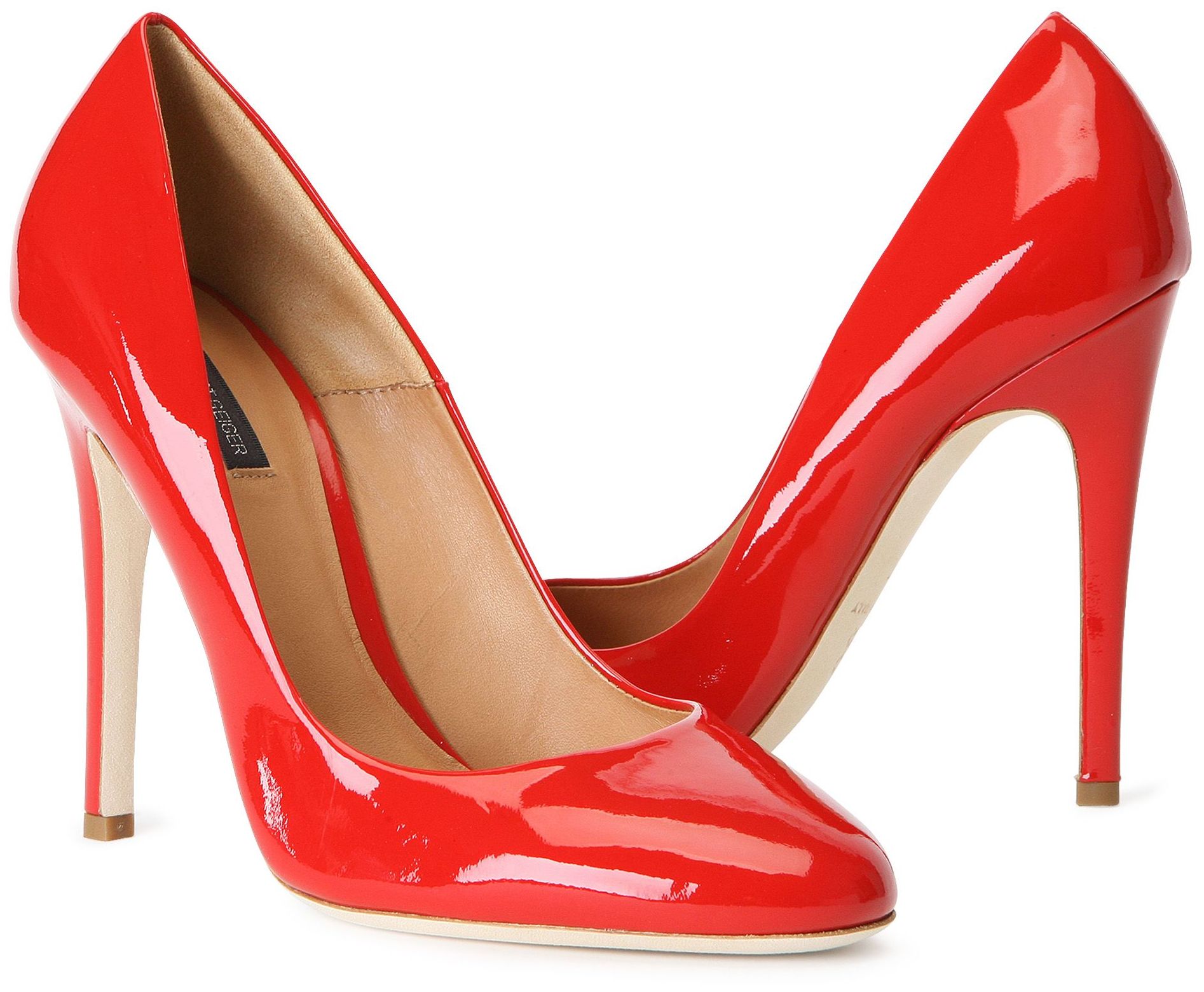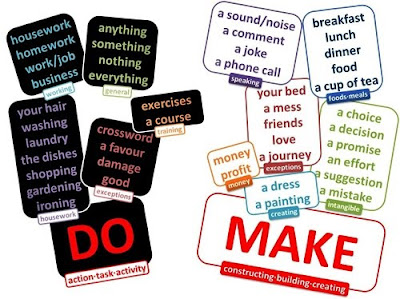At home....
Saturday, March 22, 2014
Unit 4 and 5: Vocabulary
Catwalk: where the models walk to show clothes.
Stiletto: high heel.
 Fashion stakes: important world of fashion.
Fashion stakes: important world of fashion.
Bum bag: a small bag with a belt.
Sloppy joe: tracksuit.
Survey: to view or consider in a comprehensive way.
Let down: to disapoint.
Highlights streaks: part of your head that you paint with a different colour.
Mohawk: hairstyle with a strip of longer hair in the center.
Dwellers: population, inhabitants.
Liveable: somewhere you can live and i'ts very confortanle.
Bias: you aren't neutral.
Playground: a park for the children where they can play.
Heating: a device for supplying heat.
Convenient: useful, practical.
The lost world
boss: chief.
branches: woody stems.
half-ape: half human, half monkey.
nod: say yes with the head.
path: way.
shook the head: say no with the head.
trap: trick.
Stiletto: high heel.
 Fashion stakes: important world of fashion.
Fashion stakes: important world of fashion.Bum bag: a small bag with a belt.
Sloppy joe: tracksuit.
Survey: to view or consider in a comprehensive way.
Let down: to disapoint.
Highlights streaks: part of your head that you paint with a different colour.
Mohawk: hairstyle with a strip of longer hair in the center.
Dwellers: population, inhabitants.
Liveable: somewhere you can live and i'ts very confortanle.
Bias: you aren't neutral.
Playground: a park for the children where they can play.
Heating: a device for supplying heat.
Convenient: useful, practical.
The lost world
boss: chief.
branches: woody stems.
half-ape: half human, half monkey.
nod: say yes with the head.
path: way.
shook the head: say no with the head.
trap: trick.
Tuesday, March 18, 2014
Social Sciences: Vocabulary unit 7
Agriculture, livestock and fishing
Plot: on area of land where crops are grown.
Soil: the substance on the surface of the Earth in which plants grow, produced mainly by the weathering of rock.
Crop rotation: the practice of growing different types of crops in the same area in sequential seasons This method improves soil fertility and resistance to disease and pests.
Intensive agriculture: an agricultural system characterized by heavy investments of capital and labour.
Extensive agriculture: an agricultural system that uses small inputs of labour, fertilisers and capital, relative to the area of land that is being farmed.
Dryland farming: farming in which the fields receive only rainwater.
Irrigated farming: farming in which water from groundwater, reservoirs or rivers is brought to fields.
Polyculture: farming system in which the land is divided up into small crops where the farmers can grow a variety of crops.
Monoculture: farming system in which farmers grow a single crop.
Greenhouses: a building, usually made of glass, for the cultivation of plants under controlled conditions.
Subsistence agriculture: a type of agriculture in which farmers only grow enough food to feed themselves and their families.
Shifting cultivation: a type of a subsistence agriculture technique that involves cutting and burning forest or savannah to create fields.
Livestock farming: farming based on rearing animals to obtain products such as meat, milk, eggs, leather, natural fertiliser and wool.
Housed livestock: livestock fed with fodder in farm buildings.
Cattle: cows livestock
Fodder: bulk feed for livestock.
Rear: to care for, breed and grow animals until maturity.
Fishing ground: an area of water that is used for fishing.
Aquaculture: an activity that consists of farming marine animals and plants in pools, ponds or enclosed areas of the coast.
Overfishing: a form of overexploitation in which you catch a lot of tones of fish before they reproduce.
Fleets: a number of warships organized as a tactical unit.
School of fish: group of fish that are together under water.
Sunday, March 2, 2014
Social Sciences: vocabulary unit 6
The economic organization of society
Economic activity: the different processes involved in the production and consumption of goods and services.
Economic agent: a person, group or institution involved in the economy.
Goods: tangible economic products.
Services: economic activities that are intangible.
Production: and activity that provides goods and services for consumption.
Distribution: the marketing, delivery and sale of goods and services.
Marketing: the act of researching, promoting and advertising a product or service in order to sell it.
Consumption: the use of a product or service to satisfy needs or desires.
Supply: availability of something for use or sale.
Demand: the desire to own something in the market and the willingness to pay for it.
Inflation: a rise in a general level of prices of goods and services in the economy or a decrease in value of the purchasing power of money.
Profit: the monetary gain of a business after all expenses have been met.
Tax: a monetary contribution to the government required of people, groups, or business.
Raw material: is the basic material from which goods, finished products or intermediate materials are made.
Telecommuting: the use of home computers, telephones, etc. to enable a person to work from home.
Employer: type of worker who are the proprietors or administrators of the companies.
Telecommuting: the use of home computers, telephones, etc. to enable a person to work from home.
Employer: type of worker who are the proprietors or administrators of the companies.
Employee: type of worker who carry out their work in exchange for a salary.
Self-employed: is the act of generating one's income directly from customers, clients or other organizations.
Active population: people between 16-67 years old that are employed, unemployed or looking for their first job.
Inactive population: people under 16 years old or above 67 years old, students, retired or disable people.
Disabled: people with one or more mental or/and physical impairments.
Retired: person that has left his/her work because is 67 or more years old.
Full-time contracts: work a minimum hours.(five eight-hours days)
Part-time contracts: work a few hours per week.
Self-employed: is the act of generating one's income directly from customers, clients or other organizations.
Active population: people between 16-67 years old that are employed, unemployed or looking for their first job.
Inactive population: people under 16 years old or above 67 years old, students, retired or disable people.
Disabled: people with one or more mental or/and physical impairments.
Retired: person that has left his/her work because is 67 or more years old.
Full-time contracts: work a minimum hours.(five eight-hours days)
Part-time contracts: work a few hours per week.
Idioms: 3
Idioms:
-To ask for the moon: means to take unreasonable demands for things or to wish something impossible to archieve or to obtain.
-When you hold the fort: it means that you take care of a place when the person, nomally in change, is away.
-Under the table: is a phrase used to describe secretive behaviour often suggesting corruption or illegality.
-To horse around: means to behave in a silly way making noise and causing disruption/interraption.
-When you say someone has chickened out of something: you mean they have failed to do something or they haven't tried to do it because they were afraid.
-When you say someone is a wise old owl you mean they are very experienced in life.
-A night owl: is someone who stays up late into the night.
-When you say someone is in safe hands you mean they are being cared for someone who is confident and skilled.
-A safe pair of hands: is a similar expression. It refers to someone who can be trusted to do a good job avoiding mistakes.
-If someone tells you to hold your tongue: it means they want you to stop talking because they don't like what you are saying.
-If a situation is black and white: it means you have a clear opinion about it. You can easily see what you think is right and wrong.
-The phrase money doesn't grow on trees means you must not spend too much money as there is a limited amount of it.
-The phrase money is no object: means that you have a lot of money available to spend.
-Let the chips fall where they may:means to allow things to happen no matter what the consequences are.
-When you say something is as cheap as chips you mean it's very cheap.
-If you are chasing your tail you are very busy doing a lot of different things but not archieving very much.
-To ask for the moon: means to take unreasonable demands for things or to wish something impossible to archieve or to obtain.
-When you hold the fort: it means that you take care of a place when the person, nomally in change, is away.
-Under the table: is a phrase used to describe secretive behaviour often suggesting corruption or illegality.
-To horse around: means to behave in a silly way making noise and causing disruption/interraption.
-When you say someone has chickened out of something: you mean they have failed to do something or they haven't tried to do it because they were afraid.
-When you say someone is a wise old owl you mean they are very experienced in life.
-A night owl: is someone who stays up late into the night.
-When you say someone is in safe hands you mean they are being cared for someone who is confident and skilled.
-A safe pair of hands: is a similar expression. It refers to someone who can be trusted to do a good job avoiding mistakes.
-If someone tells you to hold your tongue: it means they want you to stop talking because they don't like what you are saying.
-If a situation is black and white: it means you have a clear opinion about it. You can easily see what you think is right and wrong.
-The phrase money doesn't grow on trees means you must not spend too much money as there is a limited amount of it.
-The phrase money is no object: means that you have a lot of money available to spend.
-Let the chips fall where they may:means to allow things to happen no matter what the consequences are.
-When you say something is as cheap as chips you mean it's very cheap.
-If you are chasing your tail you are very busy doing a lot of different things but not archieving very much.
Subscribe to:
Posts (Atom)

